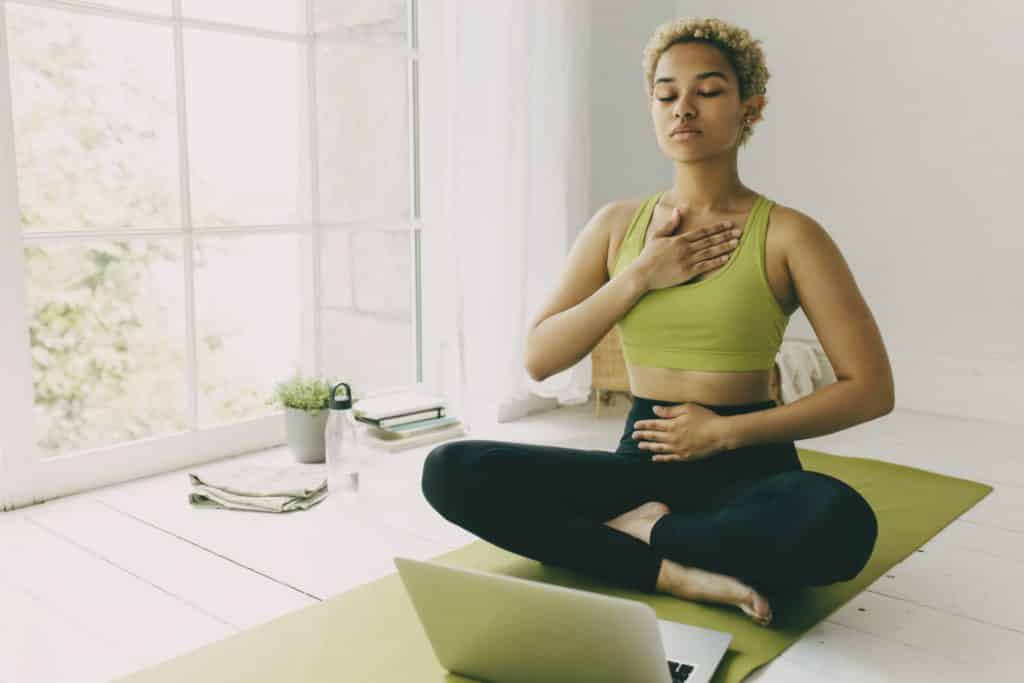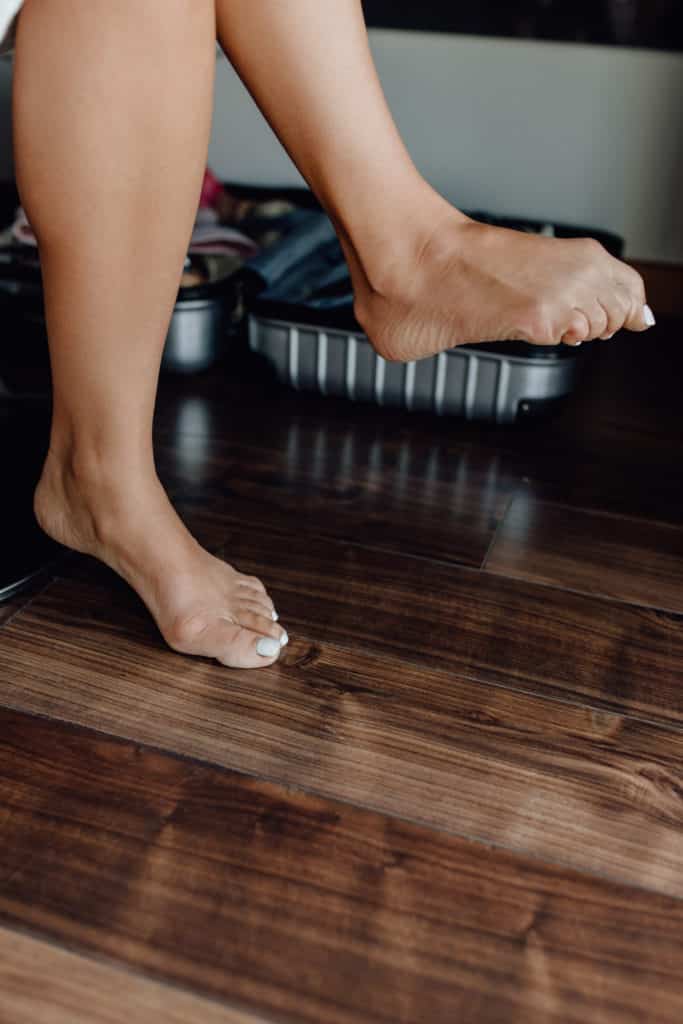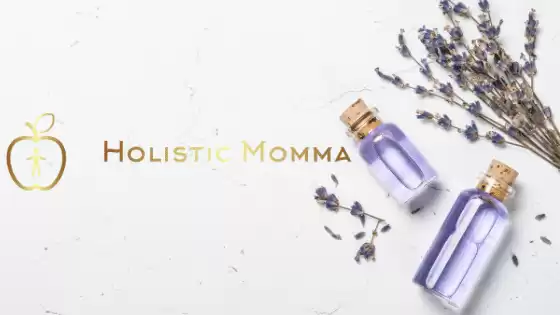Relaxation Techniques for Anxiety, Depression & Mental Clarity

Muscle relaxation techniques helped parents with children suffering from leukemia feel less anxious and stressed (Pouraboli et al., 2019). A variety of relaxation techniques are used during exposure or to help someone calm down after emotional flooding or even crying. This is not to say that crying is wrong, but if you feel you need to recompose yourself faster, relaxation techniques could help you immensely.
Table of Contents
How Do Relaxation Techniques Work?
Relaxation techniques work by calming your body and giving yourself more oxygen. When you have anxious thoughts, your body tends to tense up and breathe more deeply. Whereas when you utilize relaxation techniques, you are taking deep breaths and doing them slowly.
Another way they work is by causing you to have mindfulness, be aware of the current moment, and not give attention to the distractions or your to-do list.
A gut-brain axis includes the vagus nerve, which is a part of the enteric nervous system. When we take deep breaths, our vagus nerve communicates with the rest of our body to go into the “rest and digest” phase rather than the anxious “fight or flight.”
The vagus nerve affects the respiratory and cardiovascular system, and deep breathing and relaxation techniques allow the nerve to communicate these calming feelings.
What Are They Good For?
Relaxation techniques are great for many different mental illnesses and thought disorders. These include:
- Anxiety
- Depression
- Trauma
- Diabetes
- Heart Disease
- Compromised Immune System
- Anger Issues
- Suicidality
Relaxation techniques reduce stress and sometimes our bodies cope with stress in unhelpful ways and they contribute to the above conditions.
- -How to Learn relaxation techniques you can do anywhere.
- -Identify anxiety in yourself and others.
- -Learn how to better react to situations and set a firm foundation for dealing with stressful situations.
- Use Natural Supplements, Dietary, and Lifestyle changes to help you feel less anxious sooner.
- I am a Counselor in Training, so I share what I learn through my education and experience and the price will go up shortly--- However! You will get all of the free updates I make to the course at no additional charge to you! As I learn through research, my education, and personal experimentation of new supplement regimens I will share them with you!
How to Do Relaxation Techniques
There are a variety of relaxation techniques, such as muscle relaxation, which is done by tightening up every muscle in the body one body group at a time and relaxing it.
Make sure to thoroughly read the instructions before attempting these relaxation techniques and give them a total effort and do them for a few minutes to help you gain relief. You could also have someone else read the instructions as you act out each relaxation technique.
Muscle Relaxation
Step 1. Tighten up the muscles in your toes and feet and hold them tense for 5-10 seconds.

Step 2. Continue holding those muscles tight, close your eyes and breathe deeply until. Take a deep breath in through your nose, enough that you feel a good stretch in your chest.
Step 3. Hold that breath for 3-5 seconds, strongly blow it out of your mouth, and simultaneously relax your feet.
Step 4. Repeat this process throughout each part of the body. Therefore you would do your calves, quads, glutes, abdomen, etc. all the way up to your face.
Step 5. When you get to your face clench all of your face muscles, nose, eyes, and mouth and hold it for 5-10 seconds while you breathe and focus on your breathing. Then relax every facial muscle and open your eyes.

This should allow you to feel less tense and over time it will help you feel more in control of your reactions to stressful situations. I recommend utilizing some mindfulness therapy or cognitive-behavioral therapy to help you gain control of intrusive thoughts as well.
Breathing Relaxation Techniques
This would be similar to muscle relaxation, except you do not have to tighten and release muscles. There are many variations you will find of this but for my example, we will do color breathing.
Step 1. Close your eyes and take a deep breath in through your nose and hold it for 3-5 seconds and breathe out.
Step 2. Think of a color that you relate to positive, feel-good thoughts and picture that in your mind.
Step 3. Think of a color associated with negative thoughts, traumas, and unhelpful ways of thinking. (If this becomes too challenging, speak to a mental health care provider to assist you in doing this).
Step 4. Think of the negative color as you take a deep breath in through your nose. Hold the breath for 3-5 seconds and keeping your eyes closed picture the breath leaving your body with that color resembling negative thoughts.
Step 5. Take another deep breath in through your nose and picture that happy color going through your nose, into your lungs, and filling your body.
Optional Tip. Feel free to skip step 4 if you have trouble alternating the colors, you can just picture the “feel good” color filling your body.
I highly recommend adding some meditation to this and some yoga to help you release tension and focus on breathing in positivity.
In Summary
Relaxation Techniques can be useful for many things, but when you are stressed, try using these techniques. Many people resort to substance abuse, anger, resentment, etc., and utilizing relaxation techniques to help you decompress and feel less anxiety, depression, and anger. It may seem silly at first to give these techniques a try, but the idea of using relaxation techniques to calm your body naturally is backed by science.
References:
Pouraboli, B., Poodineh, Z., & Jahani, Y. (2019). The Effect of Relaxation Techniques on Anxiety, Fatigue and Sleep Quality of Parents of Children with Leukemia under Chemotherapy in South East Iran. Asian Pacific journal of cancer prevention : APJCP, 20(10), 2903–2908. https://doi.org/10.31557/APJCP.2019.20.10.2903
Originally posted 2022-07-18 20:16:38.
Megan Santiago
Latest posts by Megan Santiago (see all)
- How to Find a Trauma Therapist in Tampa - September 30, 2024
- The Best Ashwagandha Supplement – It Works Fast - March 10, 2024
- Shocking Truths about Magnesium Glycinate Vs. Bisglycinate. Which is Better? - March 10, 2024

